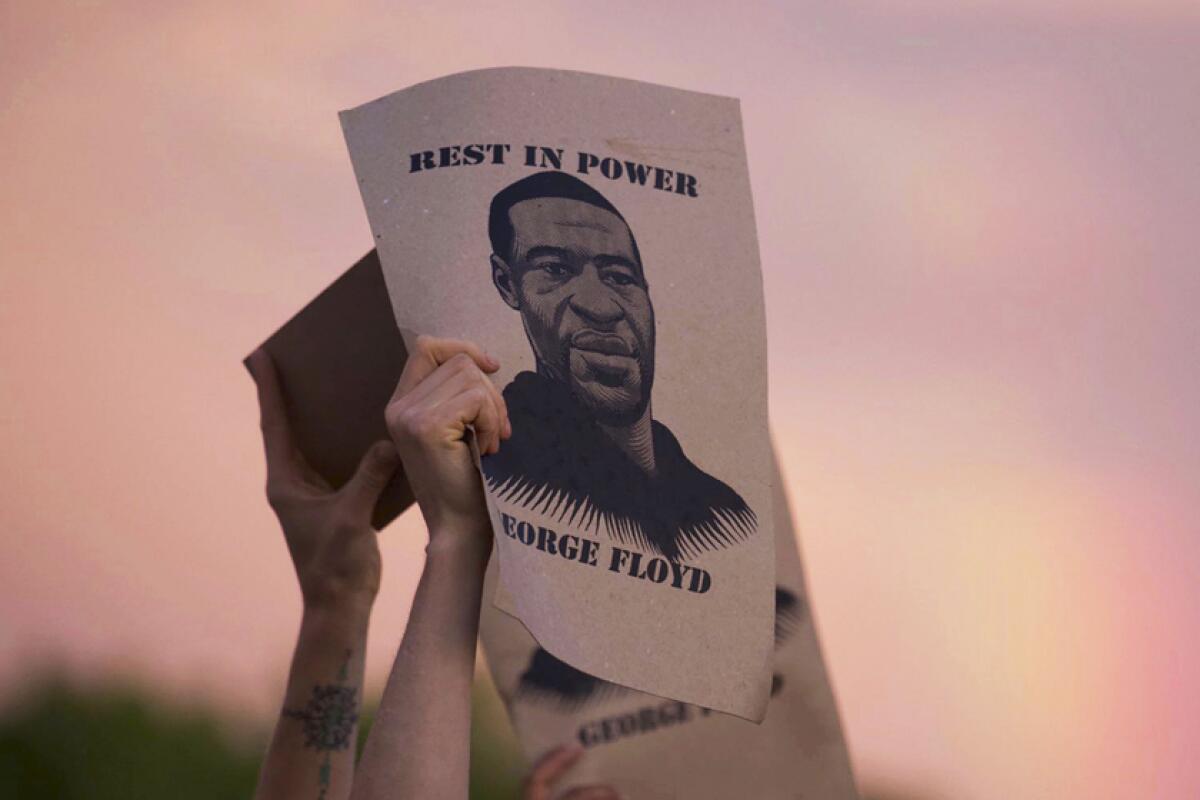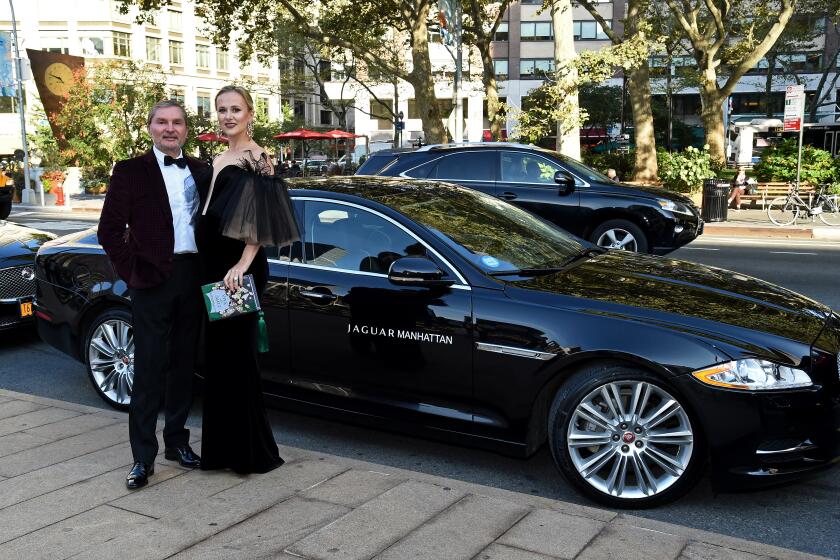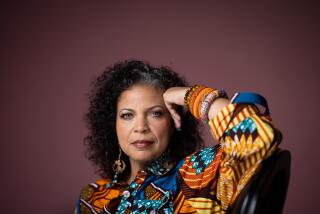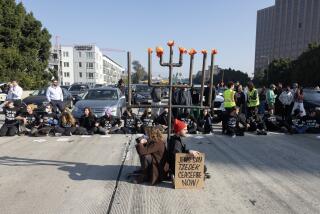Opinion: Blackout Tuesday backfired spectacularly. Five ways to support Black Lives Matter

- Share via
If you’ve been on Instagram on Tuesday morning, you may have seen a bunch of black squares in your main feed. The #BlackoutTuesday campaign was intended to push the music industry, which profits so much from black artists and gives them so little, to take a beat, get educated and reevaluate its positions. But the campaign quickly spread to non-music industry Joes and Janes, who woke up, saw some black boxes posted by their faves and friends, and reposted. Its purpose has also been widely misunderstood; as author Rodney V. Smith noted on Twitter, the idea of Blackout Tuesday is not “to simply post a black picture and leave social media for the day. It means to stop promoting your own stuff for 24 hours, and instead amplify the voices & projects of Black creators, writers, directors, activists and more.”
As a stand-alone action, participation in this campaign represents form without content. When Sudanese diaspora members and other advocates turned their social media blue last year, it drew attention to the fact that the Sudanese military government had cut off internet access for pro-democracy activists. Their speech was stifled. Our internet still works in this country, for now — though it remains heavily and legally surveilled — so taking a broad silence at this pivotal moment is unlikely to achieve similar effect. Not only that, but many black organizers have also noted that #BlackoutTuesday participants have overrun the #BlackLivesMatter hashtag, which contains critical organizing information. (Tuesday morning, Instagram shared that if you remove the #BlackLivesMatter hashtag from black box posts, they should stop showing up on that page.)
You’re not a bad Angeleno if you woke up Tuesday morning and blacked out your social media. It was confusing. Ostensibly, you want to advocate for black lives in our city. So here are five places nonblack allies can start to affect concrete change in Los Angeles. Many black Angelenos are already taking these steps; I’m explicitly addressing nonblack allies because I am working to be one, so that seems the right place to speak from and to.
Calling 911 is not a free mediation service for white people to get the upper hand in banal disputes with people of color.
First of all, we can peacefully protest. Yes, the beyond-insane curfews, haphazard enforcement of said curfews, and threatened penalties for breaking said curfews are explicitly intended to have a chilling effect. As others have noted, a midafternoon curfew — as is now in place in parts of Los Angeles County — isn’t a curfew at all; it’s a lockdown. We should strongly register our complaints about these lockdowns to our city and county representatives, while protesting as allowed while we work to lift them.
But maybe you are unable to protest. In that case, you might make a donation to an L.A. bail fund, like those organized by Black Lives Matter Los Angeles and White People 4 Black Lives and the Peoples City Council Freedom Fund. Protestors have been picked up by police and jailed in large numbers. Getting them free quickly cannot be more important, particularly in the time of COVID-19. Your money will help frontline organizers make that happen. If you have extra cash on hand, consider giving money to individuals. For instance, you might offer to cover an organizer’s rent costs for next month so that organizer can focus on this crucial work instead of stressing about how to pull it together.
Maybe you don’t have money to donate; these are especially tough times. Then you can take a few minutes to educate yourself on the People’s Budget L.A. and contact your representatives. The People’s Budget website is a painstakingly organized and comprehensive resource that outlines a better vision for the city. Mayor Eric Garcetti’s proposed budget for 2020-21 allocates more than 53% of all city funding to the Los Angeles Police Department. This process is in motion, so quick action is required.
BLM-L.A., the Youth Justice Coalition, the L.A. Tenants Union, Ground Game L.A., and Court Watch L.A. are just a few of the many L.A.-based organizations organizing and amplifying crucial grassroots work. Follow these local organizations on social media and, if they have them, sign up for their newsletters. See which of their campaigns you might add value to. Reach out and get involved.
Last but absolutely not least, have the hard conversations with those in your family and community. Share resources. Listen. Explain. Historian and advocate Howard Zinn put it simply: “You can’t be neutral on a moving train.” Power will ask us to see this moment as complicated. We need to resist that narrative and stay connected to how simple it is. Black lives matter. People > property.
There are windows where change is possible. Without thoughtful and concerted action, those windows close. For many of us, slacktivism is comfortable. We can speak without speaking. We can nod toward the moment without putting skin in the game. But real change requires real action.
If there is a gap between how we thought we would act in this moment and how we have acted in this moment, it’s not too late. We might take a minute to acknowledge that gap. Then we can begin or continue the harder work.
More to Read
A cure for the common opinion
Get thought-provoking perspectives with our weekly newsletter.
You may occasionally receive promotional content from the Los Angeles Times.











